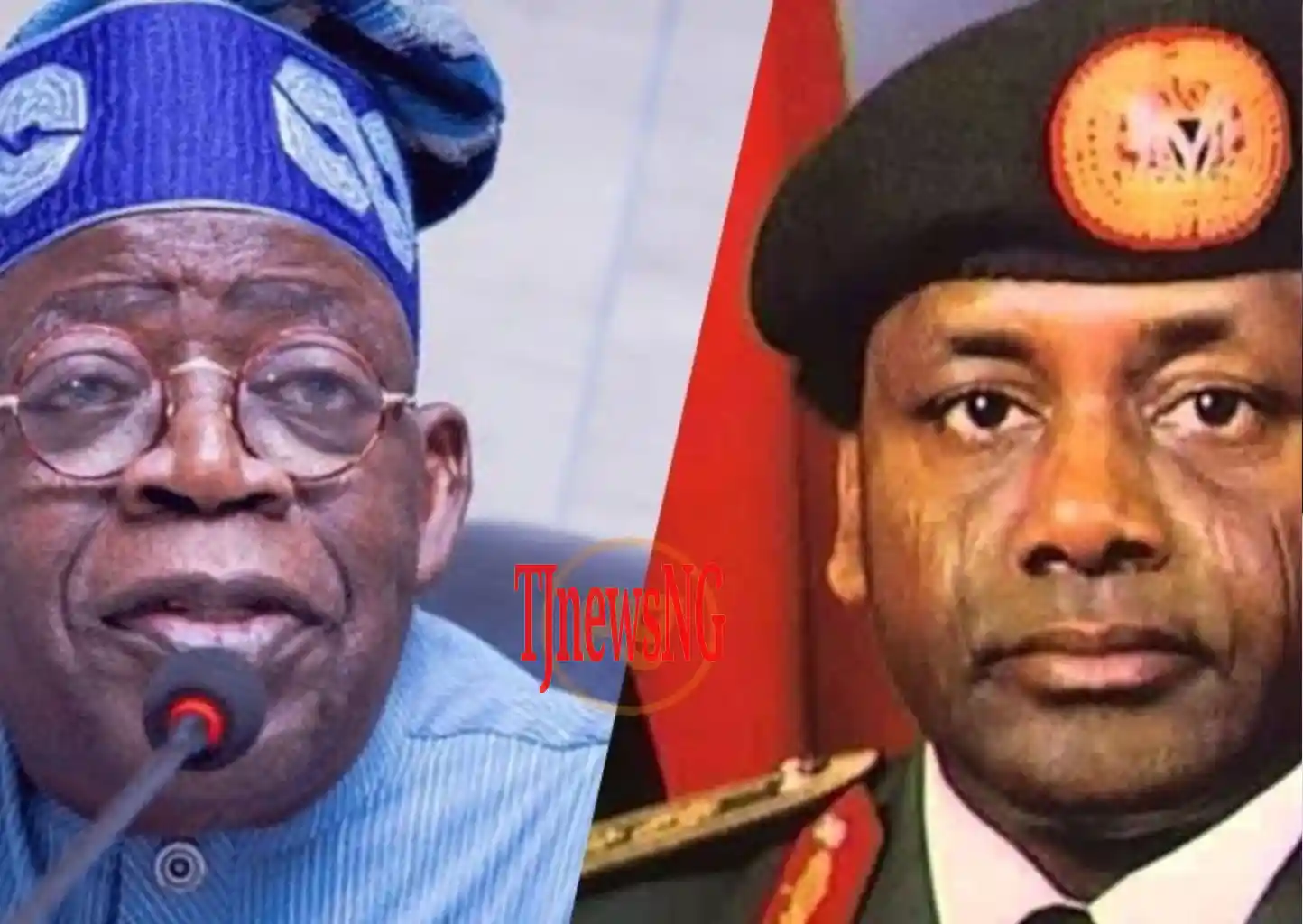Nigeria’s Democracy Under Tinubu Deadlier Than Abacha’s Tyranny – Afenifere Leader
- Advertisement -
Human rights lawyer and activist Dele Farotimi, who also serves as the General Secretary of the pan-Yoruba socio-cultural group Afenifere, has declared that Nigeria’s current state under President Bola Tinubu is more oppressive than during the military rule of General Sani Abacha in 1993.
Speaking at a public symposium titled “Afenifere: Identity, Ideas, and Ideology” held on Thursday at the Muson Centre in Onikan, Lagos, Farotimi lamented Nigeria’s decline and emphasized the urgent need for unity, ideological clarity, and citizen-led action.
The event was organized to commemorate the 97th posthumous birthday of the late Afenifere leader, Chief Ayo Adebanjo, a key figure in Nigeria’s political history.
- Advertisement -
“Before Baba Adebanjo’s passing, we had already begun planning this symposium,” Farotimi said. “Our discussions were prompted by the growing divisions and misunderstandings within Afenifere.”
He continued, “Shortly before his death, I became Afenifere’s National Organizing Secretary. After his demise, it became clear that we needed to address misconceptions about the group—its ideology, history, and role in Nigeria. This symposium honors Baba’s legacy while reaffirming the principles he stood for.”
Also Read : Pharaoh, Let My People Go! – Thousands of Rivers Women Lead Mass Protest Against Emergency Rule
- Advertisement -
Farotimi stressed the urgency of defining Afenifere’s future, noting that Nigeria stands at a critical juncture. Quoting American historian Paul Bock, he said, “To understand today, you must examine yesterday.”
“Nigeria’s current challenges are not new,” Farotimi explained. “When Afenifere was founded 74 years ago, it responded to existential threats to Nigeria—even before independence. Debates over centralization, secession, and federalism were already raging. Federalism, championed by Chief Obafemi Awolowo and the Action Group, was the compromise.”
He criticized Nigeria’s centralized governance, calling it a “one-size-fits-all system imposed by the federal government.”
- Advertisement -
“What we have today is a unitary system disguised as federalism,” he said. “This structure stifles development and makes life unbearable for Nigerians. Every institution that once empowered citizens has been systematically dismantled.”
Farotimi condemned the government’s failure to protect lives and property, noting, “Armed groups roam freely, labeled as ‘hunters,’ while citizens live in fear. The constitution is ignored, and governance is marked by illegitimacy and arbitrariness.”
Comparing the present to the 1993 political crisis following the annulled presidential election, Farotimi argued that Nigeria’s situation has worsened.
“Under Abacha, Nigerians united against military tyranny, with Afenifere leading the formation of NADECO. Today, the people’s will is again disregarded, threatening the very fabric of society.”
He urged Afenifere to bridge ethnic divides and mobilize Nigerians toward collective action.
- Advertisement -
“If we remain divided, we lose our chance at freedom,” he said. “Afenifere was never just for the Yoruba—it was founded to unite Nigerians. Baba Adebanjo’s final words to us were, ‘Go and organize yourselves.’ Honoring him means acting on that call.”
Farotimi extended an invitation to all Nigerians: “Join us in finding common ground to reverse the crises engulfing our nation. This situation is dire—but not irreversible.”
Tinubu’s Government and the Crackdown on Dissent
Since taking office in May 2023, President Bola Tinubu’s administration has faced growing criticism for suppressing free speech and dissent.
Media Intimidation: Journalists critical of the government have been harassed, arrested, or targeted with legal actions. Media outlets reporting unfavorably on the administration have faced fines and threats.
Protest Suppression: Public demonstrations, including those against fuel subsidy removal, have been met with forceful dispersals, arrests, and violence by security forces.
Social Media Crackdown: The government has weaponized “fake news” accusations to silence online critics, restricting content deemed unfavorable.
Human rights organizations, activists, and journalists continue to raise alarms over Nigeria’s shrinking civic space under Tinubu’s leadership.
- Advertisement -


